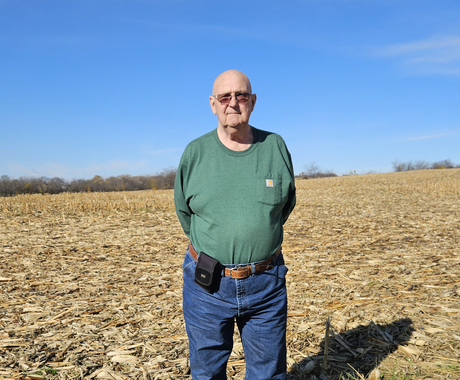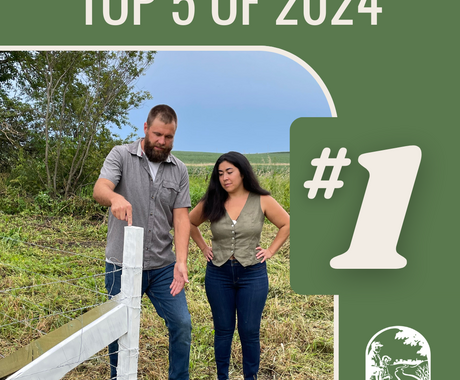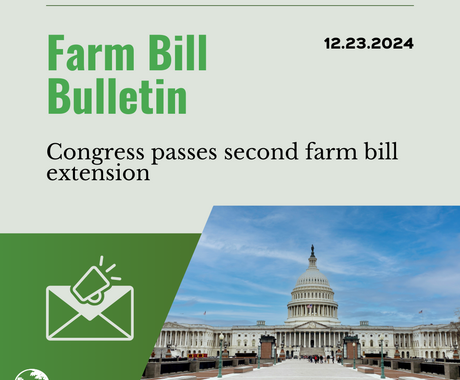By Cora Fox, former staff member
Even though farming has become increasingly expensive, from land value to input costs, some farm groups have demanded an increase in Farm Service Agency (FSA) loan limits. Recent farm bill proposals from Congress responded to those demands. However, nearsightedness regarding farm loans can cause more harm than good, as there are pitfalls. These may severely impact those who need FSA farm loans the most: our beginning and historically underserved farmers and ranchers.
Beginning and historically underserved farmers and ranchers often look to the FSA for help in accessing much-needed capital for operating expenses and to purchase land. Guaranteed loans generally exceed the dollar amounts of direct loans, and are financed through U.S. Department of Agriculture-approved commercial lenders. Since larger, more established operations are often more capital-intensive, and seen as less risky than the average beginning small- or mid-size operation, commercial lenders are less likely to lend to beginning and historically underserved producers.
Under current law, the FSA direct farm ownership loan limit is $300,000, and the guaranteed loan limit is set at a healthy $1.39 million per producer. One proposal called for the doubling of direct loans to $600,000 and guaranteed loans to a hefty $2.5 million per producer. Another proposal advocated for an increase in guaranteed loans to $1.75 million. The proposed increases to loan amounts are poised to provide financing to larger, more established farming operations, but with no change in available loan funds – meaning more dollars will go to fewer producers, and funds will run out more quickly.
The farm bill will have a major impact on the future of agriculture. As we progress in the farm bill process, Congress must work to ensure FSA loan dollars are prioritized for the next generation of farmers and ranchers. We need to stop lining the pockets of big ag, which ultimately fosters an environment conducive for farm consolidation, and focus on building an agricultural system that is fair for all.





